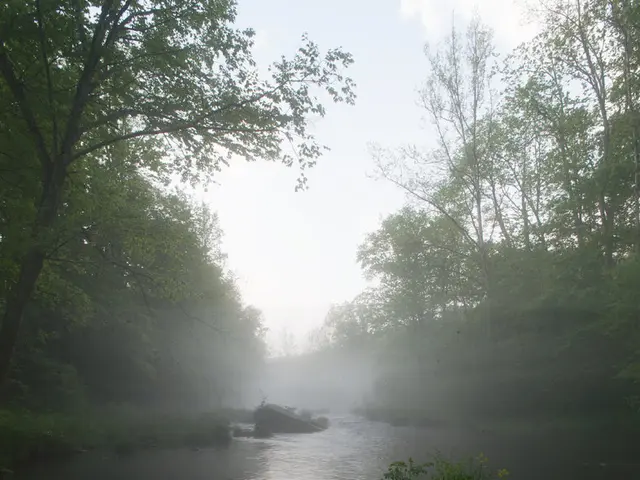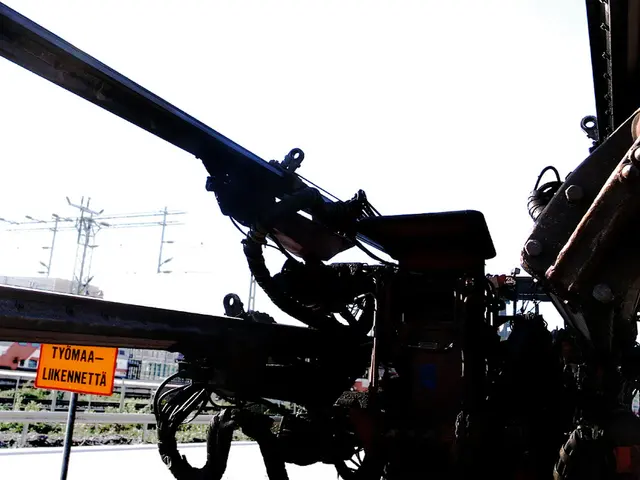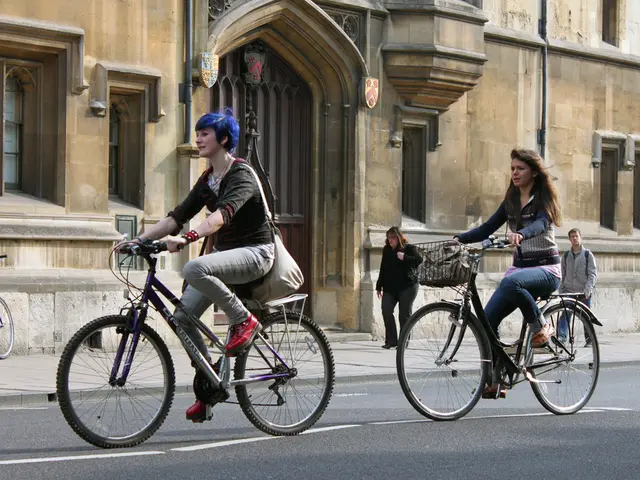United States Secures $632 Million to Fuel Electric Vehicle Revolution
The Biden-Harris Administration has announced a significant investment in electric vehicle (EV) infrastructure, with $623 million in grants allocated to build an EV charging network across the United States. This move is part of the Administration's commitment to providing convenient, reliable, and clean transportation for every community.
U.S. Secretary of Energy Jennifer M. Granholm emphasised the importance of this initiative, stating that every community in the U.S. deserves access to convenient and reliable clean transportation. The grants will result in the construction of approximately 7,500 EV charging ports, a significant step towards the goal of having at least 500,000 publicly available EV chargers by 2030.
The grants are made possible by the Bipartisan Infrastructure Law's $2.5 billion Charging and Fueling Infrastructure (CFI) Discretionary Grant Program. The CFI program complements the $5 billion National Electric Vehicle Infrastructure (NEVI) formula program, working together to create a comprehensive EV charging network.
The Federal Highway Administration is awarding $311 million to 36 'charger' projects, including the Chilkoot Indian Association, an Alaska Native Tribe, which will receive $1.4 million to build an EV charging station in a rural and disadvantaged community where there are no publicly available chargers. The New Jersey Department of Environmental Protection will receive $10 million to build chargers for residents in disadvantaged communities and rural areas, with a focus on areas near transit stations.
In addition, the City of Mesa, Arizona, will receive $12 million to build 48 electric vehicle chargers for a variety of vehicle sizes, charging docks for e-bikes and e-scooters, and solar canopies to support electricity generation at the stations. Energy Northwest, a joint operating agency in Washington State, will receive $15 million to install 40 fast chargers and 12 Level 2 chargers across western Washington State and northern Oregon.
The North Central Texas Council of Governments will receive $70 million to build up to five hydrogen fueling stations for medium- and heavy-duty freight trucks in four major cities. This investment in hydrogen fueling infrastructure underscores the Administration's commitment to supporting a diverse range of zero-emission technologies.
The grants also fund 11 'charger' recipients, including the County of Contra Costa in California, which will receive $15 million to install 52 fast chargers and 60 Level 2 chargers at 15 branch locations of the county's library system.
U.S. Transportation Deputy Secretary Polly Trottenberg mentioned that the USDOT is investing in providing Americans with convenient, straightforward charging options in their communities. The Federal Highway Administration is working closely with the Joint Office of Energy and Transportation, providing technical assistance on planning and implementation of a national network of electric vehicle chargers and zero-emission fueling infrastructure.
Under President Biden's leadership, EV sales have more than quadrupled, and more than 4 million EVs are now on the road. These grants are a testament to the Administration's commitment to accelerating the adoption of EVs and reducing greenhouse gas emissions from the transportation sector.
While details about the top 20 prioritized projects supported by the Biden administration under the Bipartisan Infrastructure Law are not yet publicly available, it is clear that this investment in EV infrastructure will bring clean, reliable, and convenient transportation to communities across the nation. Federal Highway Administrator Shailen Bhatt announced that these grants will bring EV charging and alternative fuels to people and communities across the nation, a significant step towards a cleaner, greener future.








